There’s no denying that the planet is facing an environmental crisis.
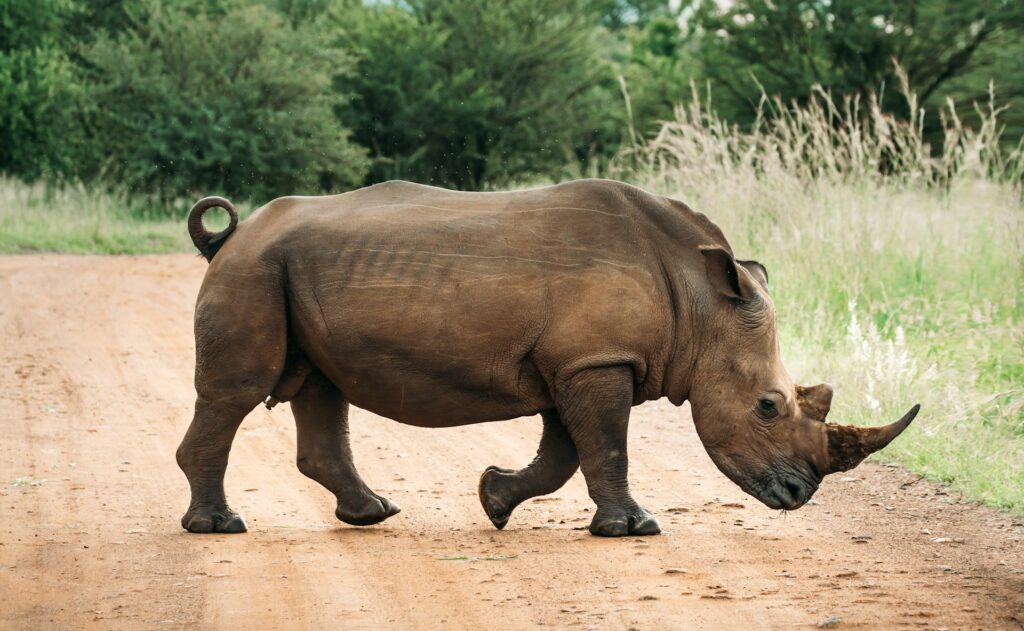
Climate change, habitat destruction, and poaching are threatening countless species around the world. While it’s easy to feel helpless when faced with the enormity of the issue, there are actually plenty of ways you can make a positive impact on endangered animals without even leaving your home. If you’re passionate about wildlife conservation but aren’t able to travel to remote forests or oceans, there are simple, effective actions you can take from the comfort of your own space.
Here are some of the world’s endangered animals you can help protect—no travel required.
Amur leopard
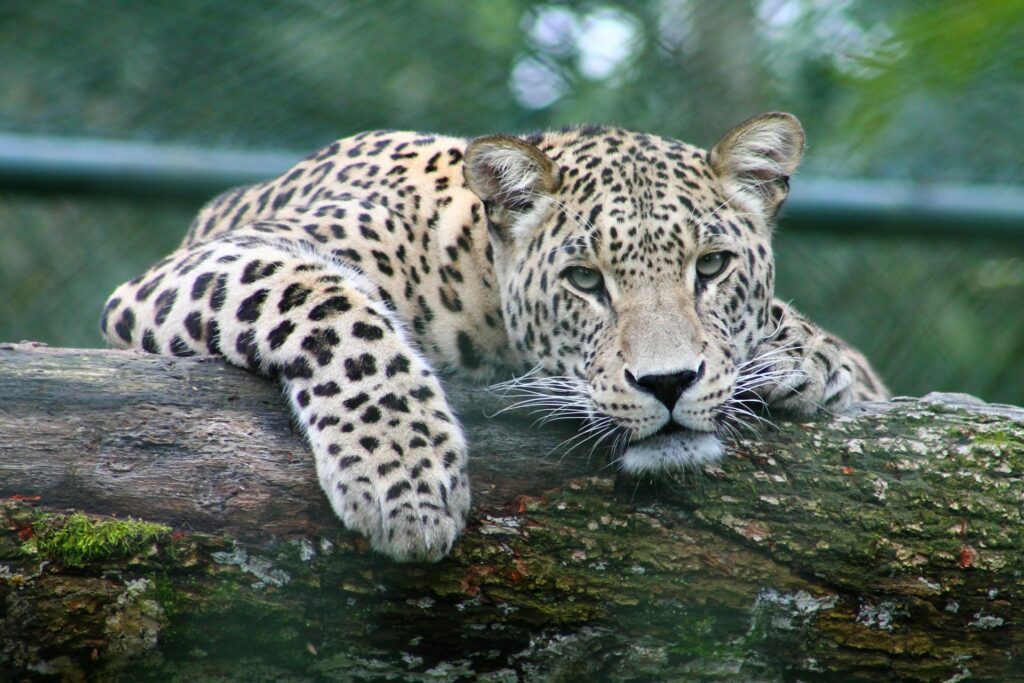
The Amur leopard, one of the rarest big cats in the world, is critically endangered, with only around 100 individuals left in the wild. These stunning animals are found in the temperate forests of the Russian Far East and China. You can help protect them by donating to reputable organisations like the Wildlife Conservation Society, which supports anti-poaching efforts and habitat restoration. Even a small contribution helps.
Sumatran orangutan
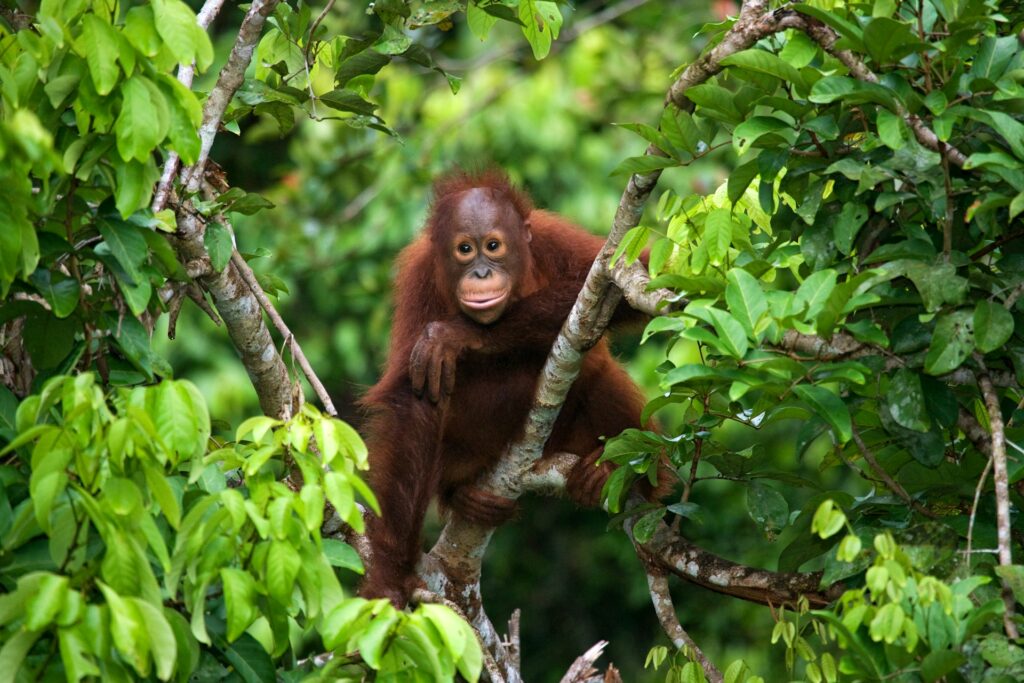
Orangutans are known for their intelligence and unique personalities, but the Sumatran orangutan is critically endangered due to deforestation and poaching. You can make a difference by supporting organisations such as the Sumatran Orangutan Society, which works on forest protection and sustainable palm oil campaigns. Additionally, avoid products with unsustainable palm oil to reduce demand for land that could be home to these magnificent creatures.
Vaquita
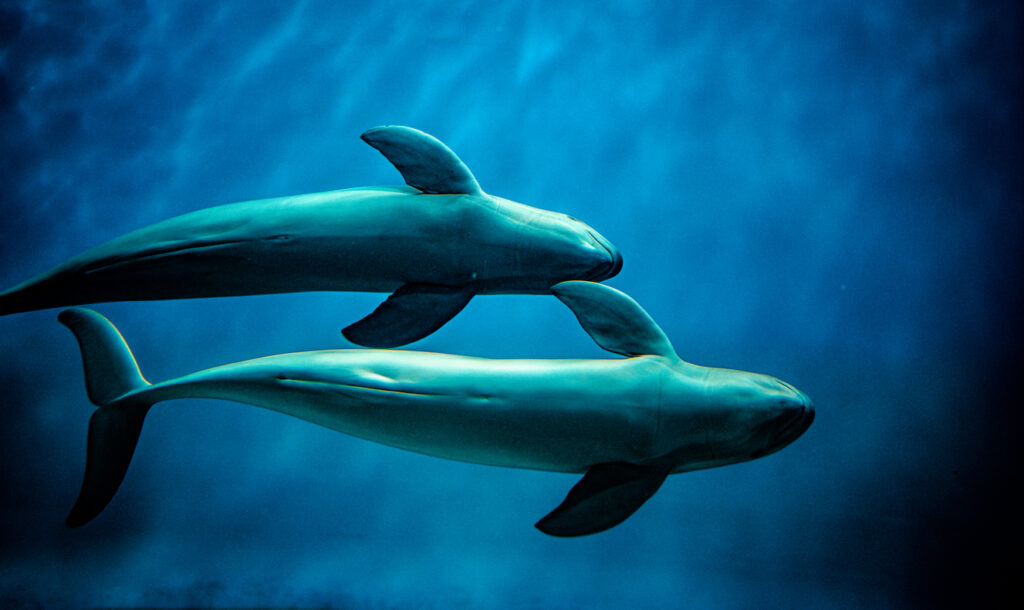
The vaquita, a small porpoise native to the northern part of the Gulf of California, is one of the most endangered marine mammals on the planet. There are only about 10 remaining in the wild. Supporting marine conservation groups like Sea Shepherd or The Vaquita Recovery Fund helps fund efforts to eliminate illegal fishing nets that trap these tiny porpoises.
African elephant
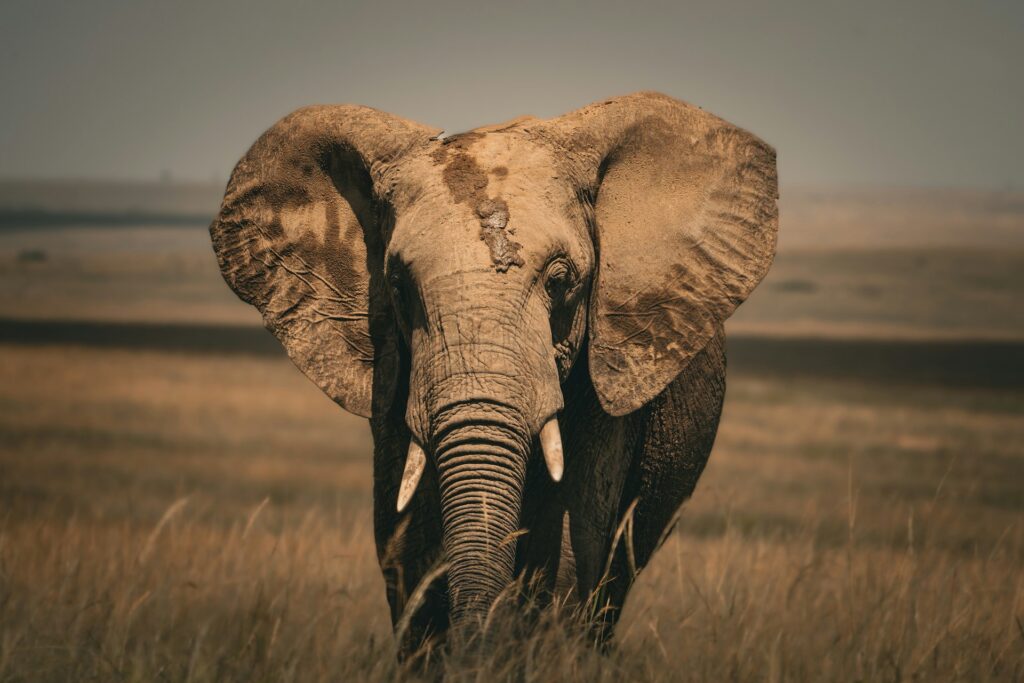
The African elephant is often considered a symbol of wildlife conservation, but their numbers have been dramatically reduced due to poaching and habitat loss. A powerful way to support them is by donating to organisations like The David Sheldrick Wildlife Trust, which rescues and rehabilitates orphaned elephants and works to prevent poaching. You can also reduce your plastic waste, as elephants are often affected by litter in their natural habitats.
Snow leopard

Snow leopards are elusive creatures that roam the high mountain ranges of Asia. They are endangered primarily due to poaching for their beautiful fur and loss of prey. By supporting organisations like the Snow Leopard Trust, you can help fund field projects focused on protecting their habitats and reducing human-wildlife conflict. You can also advocate for policies that reduce illegal hunting.
Sea turtle
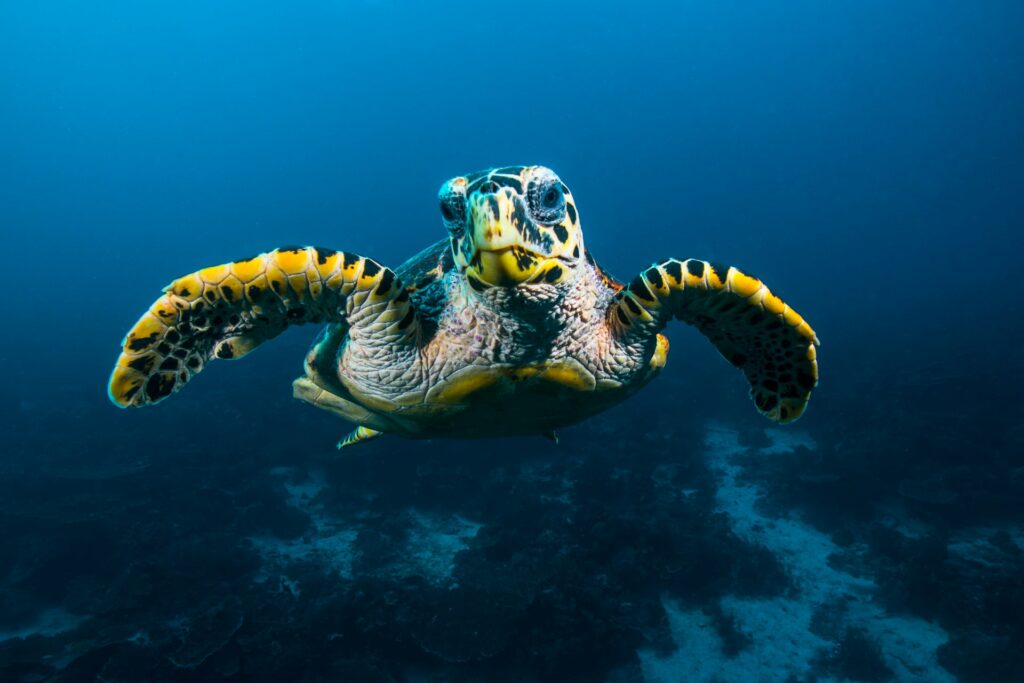
Sea turtles are facing critical threats from habitat destruction, poaching, and pollution. The Turtle Conservation Fund is dedicated to protecting these ancient reptiles. You can help by making simple changes in your daily life, like reducing plastic use and supporting businesses that participate in sustainable fishing practices. Even buying eco-friendly sunscreen helps reduce harm to sea turtles and their habitats.
Giant panda
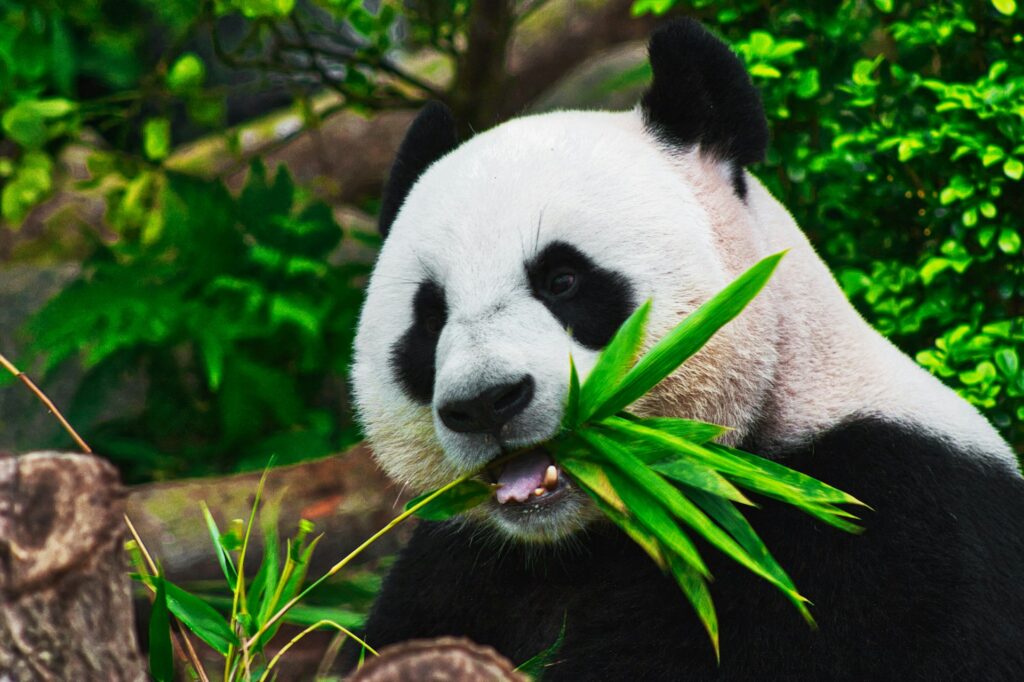
The giant panda is often considered a conservation success story, but these bamboo-loving bears are still classified as vulnerable. They’re threatened by habitat loss and fragmentation. You can support the World Wide Fund for Nature (WWF) in their efforts to protect panda habitats and ensure sustainable forest management practices. You can also spread awareness about the importance of preserving bamboo forests.
Javan rhino
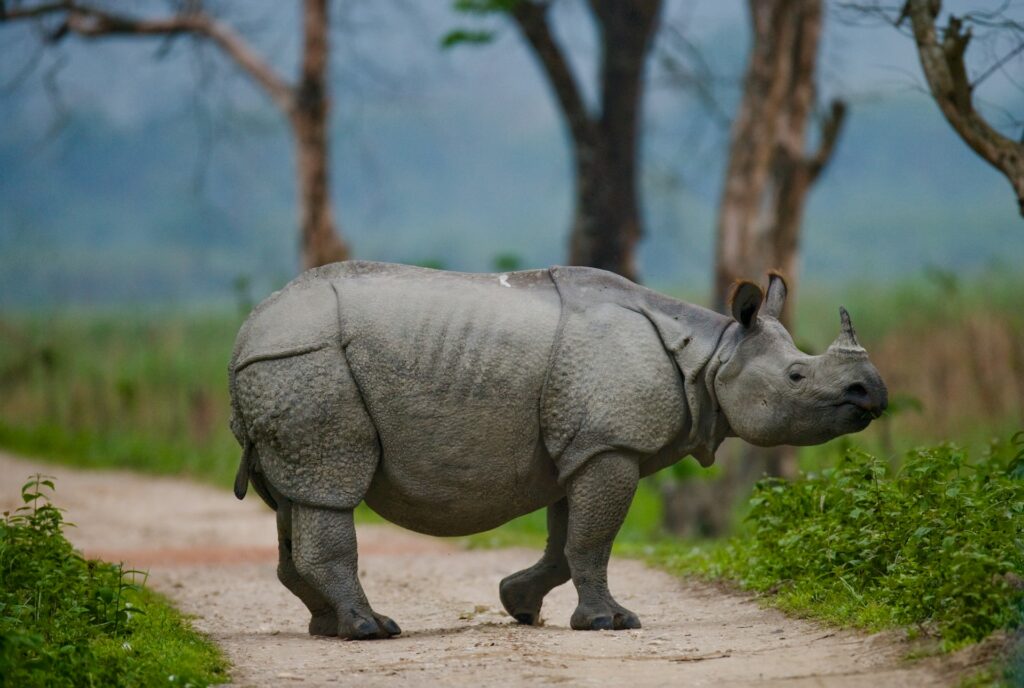
The Javan rhino is critically endangered, with fewer than 75 individuals remaining in the wild. You can help protect them by supporting the International Rhino Foundation, which works on preserving the rhinos’ habitats in Indonesia and protecting them from poaching. Consider supporting ecotourism initiatives that benefit rhino conservation, which help fund local efforts to protect their habitat.
Hawksbill turtle
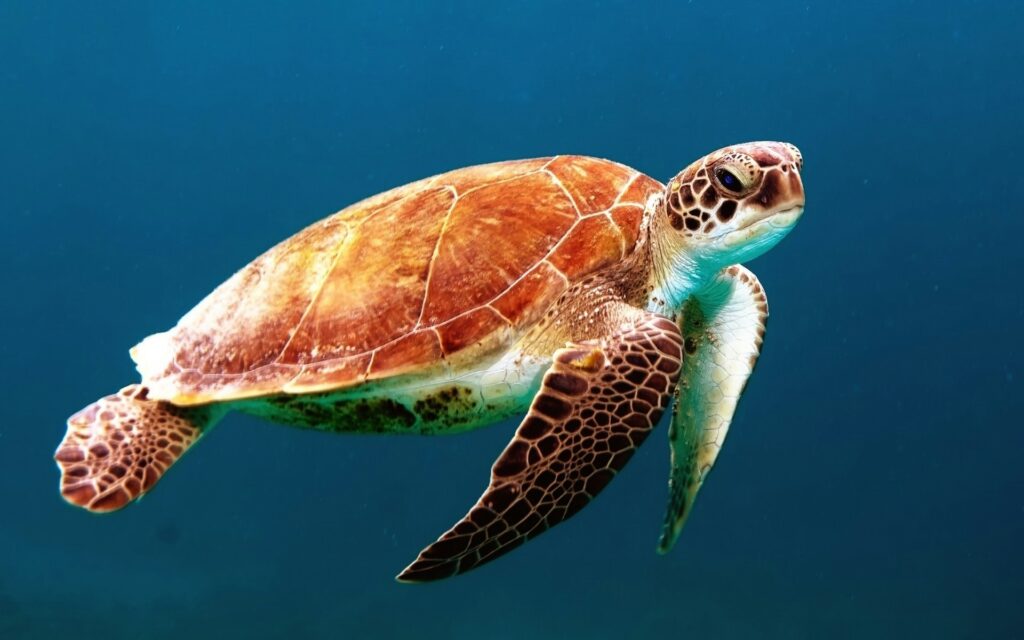
Hawksbill turtles are vital to the health of coral reefs, but they are also critically endangered due to illegal trade in their shells, habitat destruction, and climate change. You can help by donating to organisations like WWF or Conservation International, which focus on reducing the impact of trade and protecting the marine habitats of these turtles.
Bengal tiger
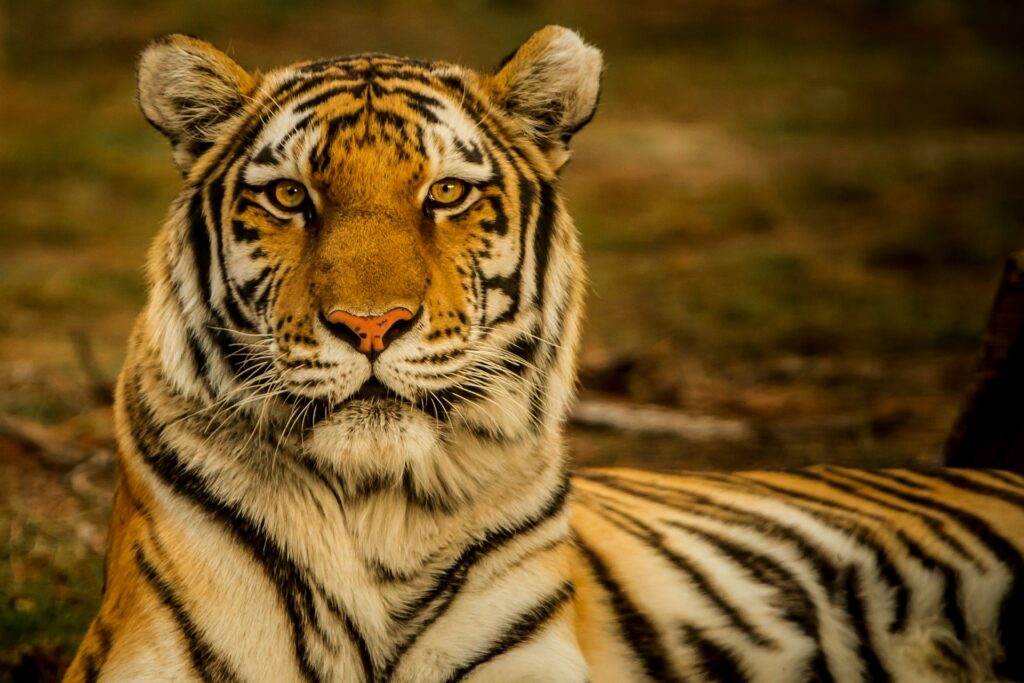
The Bengal tiger is one of the most iconic endangered species, but its numbers are dwindling due to poaching and habitat loss. You can help protect these majestic creatures by supporting conservation groups such as Project Tiger, which works with the Indian government to protect tigers and their habitats. You can also choose to support wildlife-friendly businesses and sustainable tourism practices.
Red panda
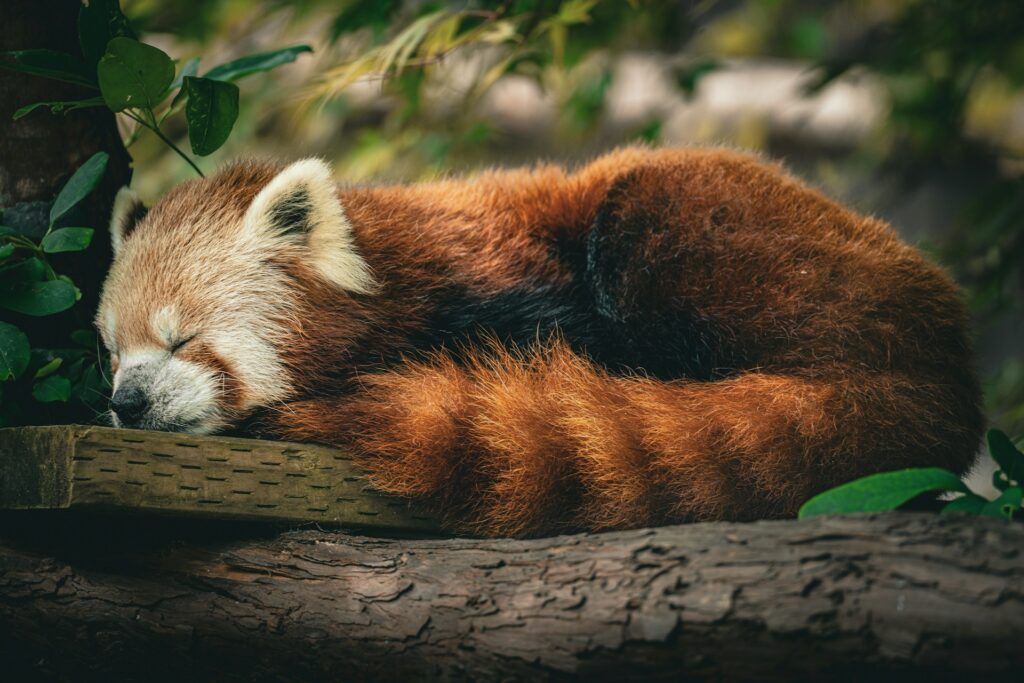
The red panda is an adorable, tree-dwelling mammal that’s facing increasing threats from habitat destruction and poaching. To help protect these animals, consider supporting the Red Panda Network, which works to preserve forests in the Eastern Himalayas. You can also help by advocating for sustainable forestry practices and supporting initiatives that protect red panda habitats.
Kakapo
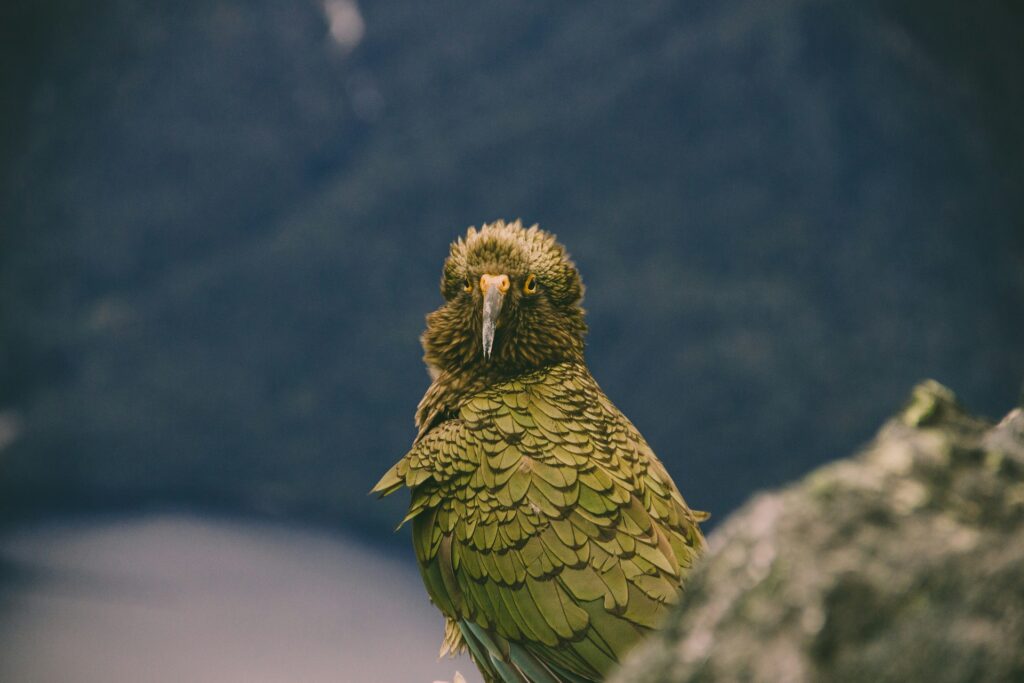
The Kakapo, a flightless parrot native to New Zealand, is critically endangered, with only around 200 individuals left. To help, you can donate to the Kakapo Recovery Programme, which is dedicated to saving the species through intensive management, including habitat restoration and breeding efforts. Public awareness and advocacy for stronger environmental protections are also key.
Blue whale
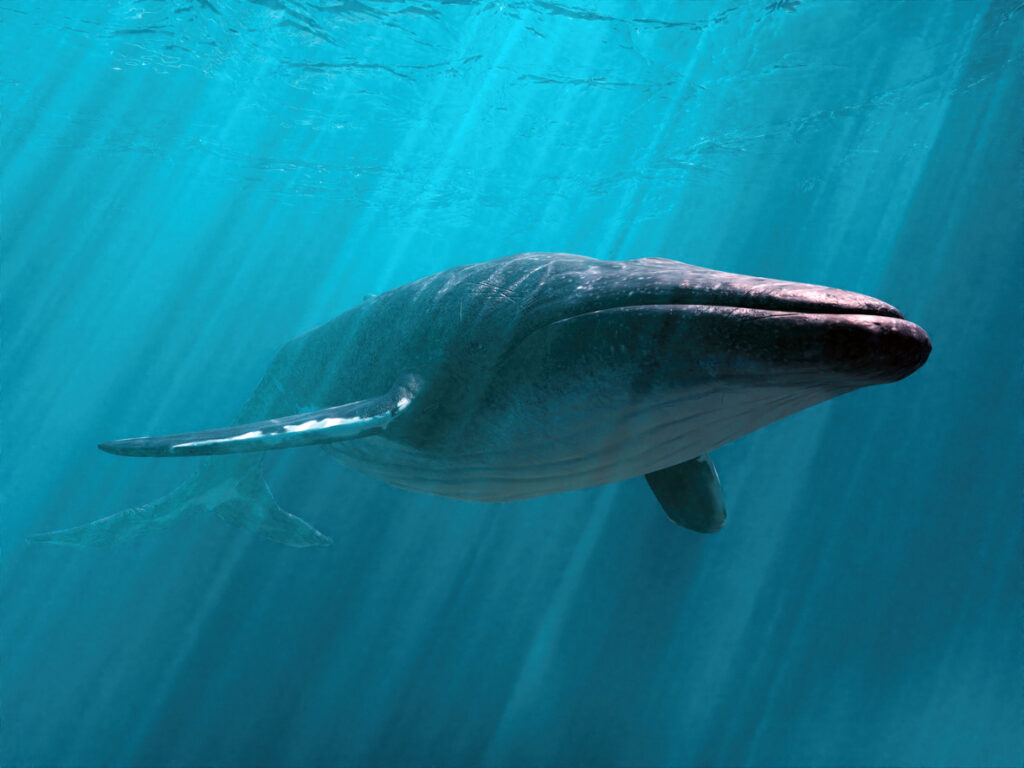
Blue whales are the largest animals on the planet, but their populations have been devastated by commercial whaling. While hunting has been largely banned, blue whales are still at risk from ship strikes and pollution. Supporting organisations like Whale and Dolphin Conservation helps fund research and conservation projects to protect these magnificent creatures. You can also help by reducing your carbon footprint to limit the effects of climate change on whale habitats.
Pygmy three-toed sloth
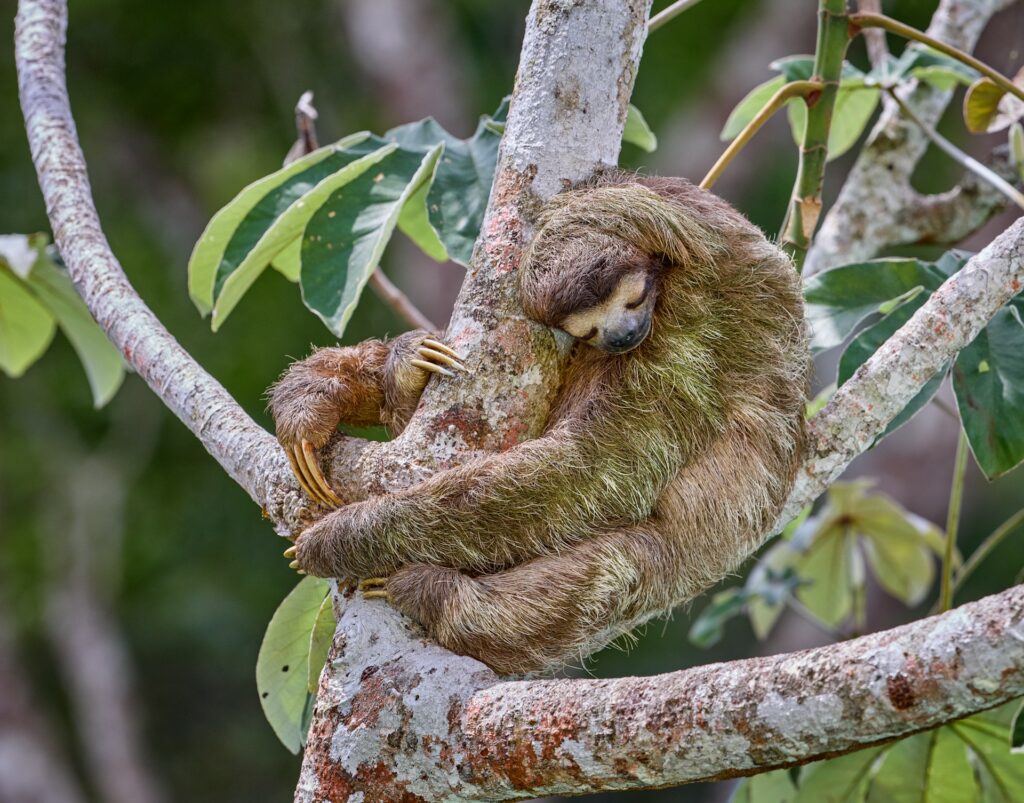
Native to a small island off the coast of Panama, the pygmy three-toed sloth is critically endangered, with only around 100 individuals left. You can support conservation efforts by donating to organisations like The Pygmy Sloth Foundation, which works to protect their unique habitat and fund research to ensure their survival. Supporting ecotourism and sustainable development in Panama also benefits their habitat.
Mountain gorilla
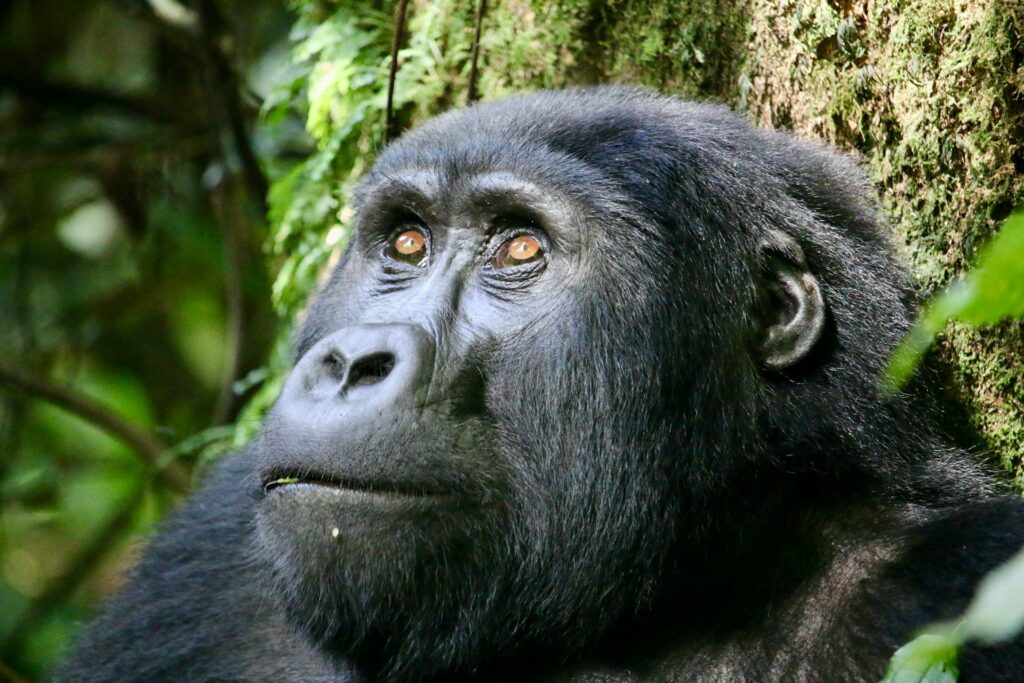
Mountain gorillas were once on the brink of extinction, but conservation efforts have helped their numbers slowly recover. However, they remain endangered. Organisations like The Dian Fossey Gorilla Fund and Gorilla Doctors work tirelessly to protect these magnificent primates. You can help by donating, raising awareness, and supporting policies that protect their habitat in the forests of Uganda, Rwanda, and the DRC.
What you can do today

While some of these species may seem far removed from your daily life, the truth is you can help protect them from your own home. Whether it’s donating to conservation organisations, making sustainable choices in your everyday life, or raising awareness, there are countless ways to make a positive impact. The key is to take action—every effort counts in the fight to save these endangered animals.
Start small, and with every purchase or donation, you can contribute to a world where wildlife thrives. The more people who get involved, the more likely we are to see these animals survive and even flourish in the future.